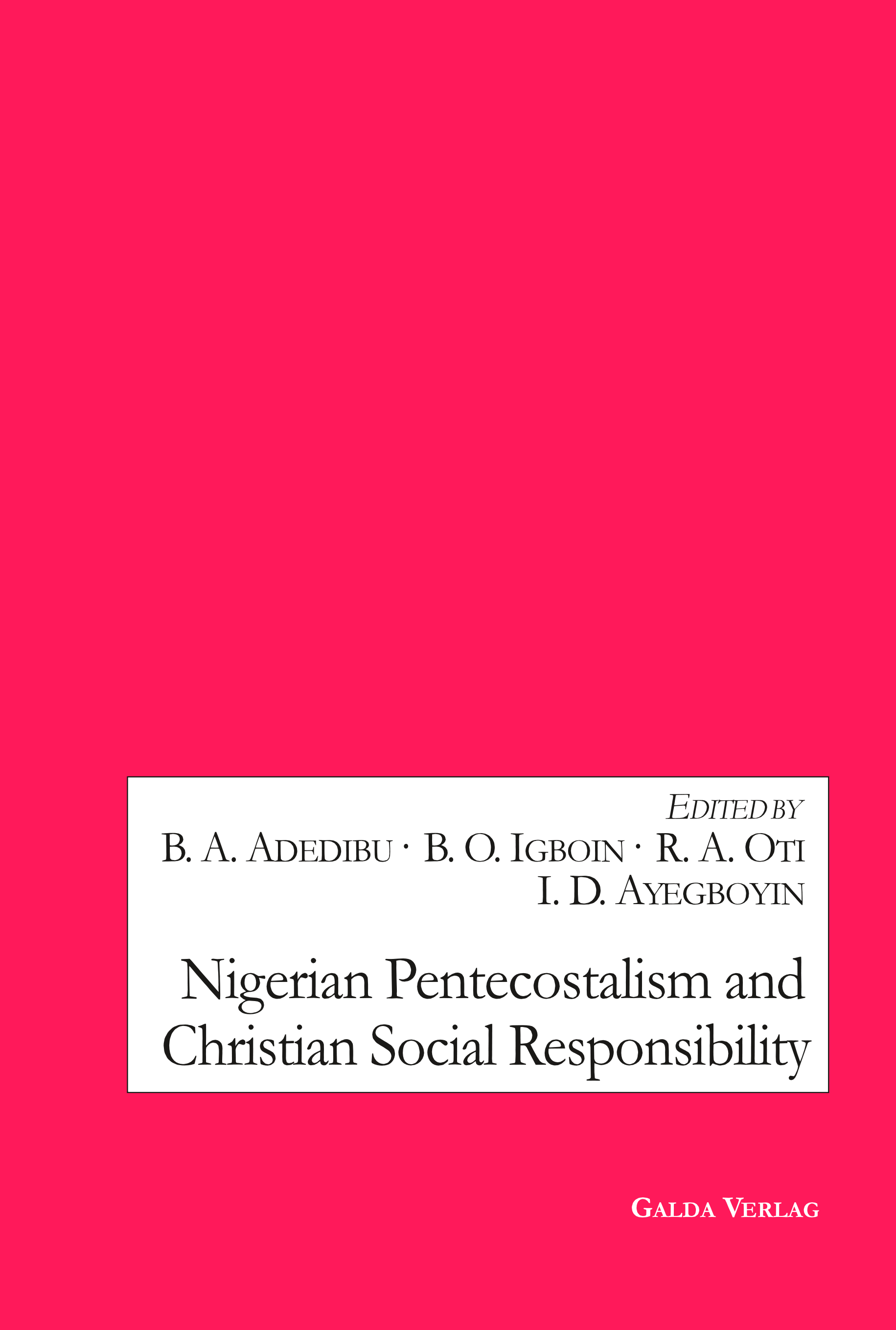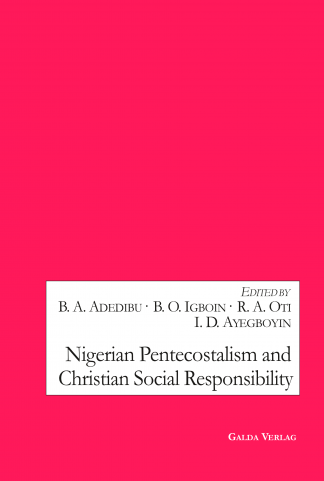Description
This book takes a swipe on Nigerian Pentecostalism but argues that in spite of the avalanche of criticisms, there are positive contributions which can be veritable data for further interrogation of the claims of Nigerian Pentecostalism on development. Many scholars have criticised rather profusely the Pentecostal movement for its ostentatious lifestyle as the only valid criterion to evaluate its developmental stride. While this is legitimate, it, however, does not tell the whole story. The book argues that Nigerian Pentecostalism has long realised the need to not only concentrate on the spiritual aspect of its mandate, but also on the development of the whole society in ways that all could benefit irrespective of religious, social or ethnic affiliation. From economic, sports, education, banking to health, many Nigerian Pentecostal churches have adopted interventionist approach that combines pneumatic and secular strategies in what they refer to as Christian Social Responsibility, thus filling developmental gaps created by a thoroughly corrupt government.
“In this book, African scholars have gathered to dissect Nigerian Pentecostalism and perform a diagnosis of the ills that weigh it down. No wonder the book answers some of the most pertinent questions on Pentecostalism in Africa…. It shows that Pentecostal Christianity is fast becoming of age in Nigeria. The long-desired self-critique that shapes the argument of this book itself feels like a Pentecostal miracle.”
Dr. Harvey Kwiyani – Liverpool Hope University, Liverpool
“The book is a welcome and very timely Nigerian contribution on topics that need to be on the African and global theological agenda. What I liked about it, is the fact that it is an honest and critical analysis of the inherent identity of Nigerian Pentecostalism in relation to the plight of poverty and many other challenges that question the depth and influence of Christianity in the African continent in general but in Nigeria in particular. The book is a critical and theological self-examination. It is a first step that needs the encouragement and debate that it calls for. … One of the givens of the book is that Pentecostalism is a key characteristic of African spirituality. The book makes it clear in a natural way and one can see how it’s a part of the everyday reality in the typical African church. It is part of the identity of a people.
Prof. em. H. Jurgens Hendriks – Stellenbosch University, South Africa


